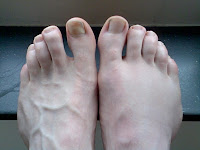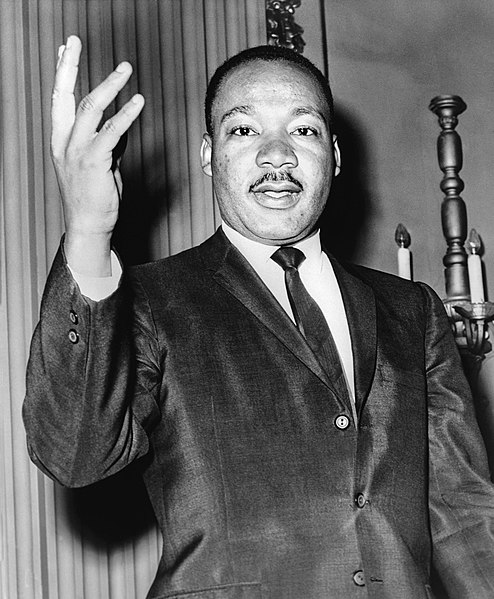Doing my icebreaker speech at the Capital Toastmasters 1 club in DC today is something that could not be taken for granted, so I discovered recently.
When I arrived at Dulles Airport on New Year’s day – Merijn and I had been back in The Netherlands for Merijn's thesis defense and for Christmas with our families - I felt that the worst was over. No bomb had exploded during the descent into Washington and we’d be home soon.
It was just a matter of checking through immigration and reclaiming our luggage and we’d be out of here.
Right. So I handed the friendly officer at Immigration my I-94 form and my passport. I was already smiling in his camera and putting my finger on the little glass pad to have my photo and fingerprints taken and waited for the stamps. I knew the drill.
He scanned my passport. “You’ve been to the US three times last year?” he asked. “When? For how long?”
He was right. Last June, Merijn went to College Park for a post-doc at the University of Maryland and I was working to follow shortly after. I had come in August for a week on a reconnaissance mission. In September I quit my job in the Netherlands and went to the US for as long as was allowed to look for a job in the DC metro area, including a ticket to stay longer. Whether to blame the economic crisis or my presentation skills, I don’t know, but my job hunt had not been unsuccessful yet and so, here I was again at the immigration officer’s booth.
“Welcome to the United States”, said the man. “No stamps?” I asked. “No stamps.”
A bit confused we picked up our luggage and with our forms reaching out we approached customs. “You’ve got a B,” said the lady, “B is that way.” Merijn had no B, she could move on. OK, B it is, whatever, so I was off, through the door leading into a room…where no one was moving. I was like a drop of water in a river that ends up in small side stream flowing into a pool where the water is moving too slowly to see. Suitcases on carts messily lined up. Empty eyes, hanging cheeks. I got nervous, this was trouble.
Above the counter with the B there was a sign that read “Admissibility review area.” Review? Hadn’t the guy just said to me “welcome to the US?" Behind the counter were officers in blue uniforms doing……..doing what?
In the three hours that followed, I couldn’t figure it out.
Waiting with me, there were many Arabic looking people, some with children. How long had théy been waiting here, after 20+ hour journeys from the Middle East possibly? Judging from the skewed demographic mix in the room, obviously these people had to answer tough questions and have their luggage searched much more often than me. I was the lucky one, but nevertheless, I felt feelings of anger and fatigue emerge. I cared less and less for actually getting in. Apparently it works, this kind of psychological war.
When the room was almost empty, I was finally called forth by an officer who seemed to take more interest in his colleagues’ whereabouts on New Year’s Eve than in getting me out of here. He searched my wallet, my bags, fished out with two fingers the latest Al Gore book. “Are you an environmental guy?” he asked. I wasn’t sure if that would be a good or a bad thing now, but I could only say “yes.” Amusedly he browsed my notebook. It was humiliating. Thank you, God, that I grew up in a free country.
“Ok," he said, "I’m going to let you in. You’ve been honest to me. Believe me, most people are not, it drives me nuts. But you can’t keep on doing this: go out for a short time and then come back for a long time. You’ve got to think, man.” Right! That’s exactly what I’ve been doing: trying to find a solution! I would not want to do anything illegal. It just hadn’t worked out yet.
Finally, I got the stamps. Grabbed my things and walked out, past the sign that I had been looking at for the past four hours and that said: “Welcome to the United States.” Through the doors into the terminal to finally reunite with Merijn, who had been sitting there for six hours without knowing what was going on.
In the bus into town I felt small, closed. Rationally it had been a fair process, understandable. To the officer I was no other than an economic refugee, a fortune seeker. Probably I wás welcome, but I had trouble feeling so. It took me more than a day to get over it.
I now blame it on the jet lag and thank the officer for setting a clear time limit for my mission here. Let me now work on competent communication, elevator pitches, etc. and make this work.


.jpg)
